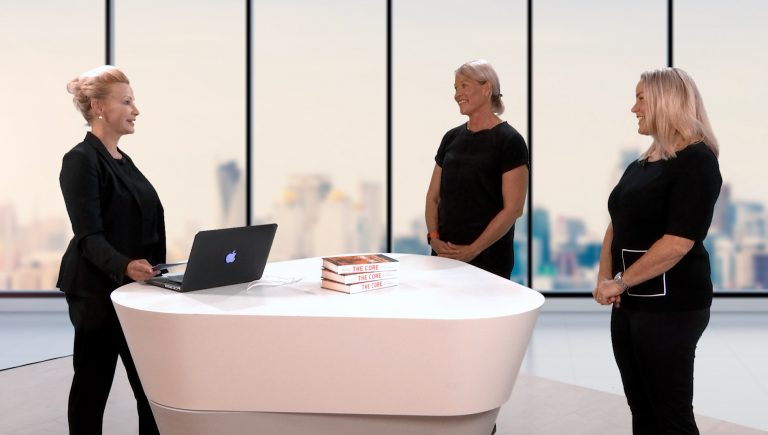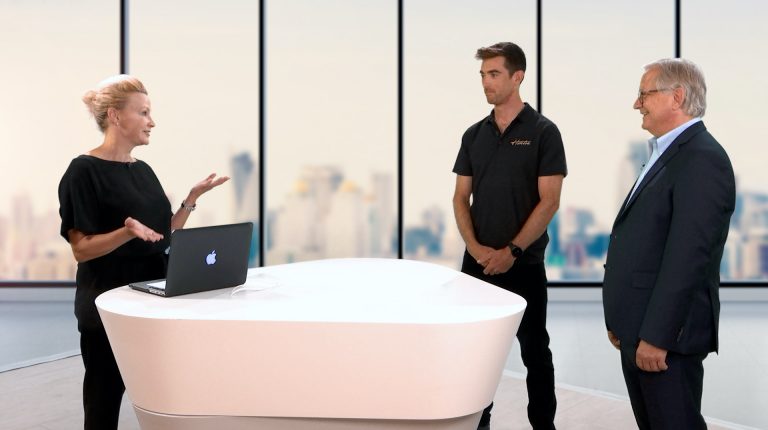The Future of Work is Human – 5 Key Lessons in Creating a Future Workplace Strategy

A lot has happened in the past two years, across every facet of life. From a work perspective, people have changed roles, lost roles, and embarked on new careers. But a lot also happened in the two before, and a lot will happen in the next two. Our role in these hasn’t changed. Making informed, purposeful choices whether as individuals or as business leaders is paramount to progression.
A lot has also happened since our Hintsa colleagues wrote this piece about filling in the unknowns, and the truth is, there are plenty still out there. Being proactive and focusing on what is within our control, amid the uncertainty, will give us a greater return than not.
The culture and behaviours in workplace are fundamental
The principles upon which we are living and working are much the same, but the conditions are more fluid, and less predictable. Businesses have had to adapt, leaders have had to adapt, and individuals have had to adapt. People found their work-life blend more intense than ever before, with their kitchen table or their bed as the common denominator. No doubt they’ve had to make decisions, where work priorities have been put head-to-head with family priorities, and they have had to select one.
Within all of this, many have had epiphanies around what they want from life. In the United States alone, nearly 4 million people quit their jobs in April 2021, the highest single month figure ever recorded. And according to the same MIT SMR article, the top two elements of culture which matter most to employees are being respected and having supportive leaders. Gone are the days when people wanted (and employers could paper over the cracks) career progression, salary increases, a change in title, annual bonuses, and favourable stock options. The culture and behaviours in their workplace are fundamental to their engagement in their roles, and ultimately their choice to remain in that role, or seek another one.
Businesses must be proactive in designing their future workplace strategy
The heightened awareness of the importance of employee health and wellbeing is well documented. About 91% of businesses reportedly recognise the value of employee experience as important to the organisational strategy, but only 23% of employees say they are very happy working for their employer and only 38% say that their employer fully values their health and wellbeing. By contrast, C-suite are 41% more likely to be satisfied with their employee experience than operational staff, which indicates a clear disconnect between what senior leadership receive, and what their people receive. Additionally, only slightly more than half (54%) of organisations have been able to define and agree their future workplace strategy.
With all of the above considered, the message is clear: businesses must be proactive in designing their future workplace strategy, and listen to their employees more than ever before. Humans require a sense of autonomy, competence, and relatedness to be motivated and engaged; this has been known for decades.
5 key lessons in creating a future workplace strategy
Over the past year, I’ve personally supported several organisations, small and large, to create, develop, implement and evaluate their future workplace strategy. Below are 5 key lessons I’ve learnt in the process:
- Businesses leaving this to chance, just won’t cut it. Just because people have punched above their weight and just about coped for the past 2 years, amid all the uncertainty, doesn’t make that the recipe to follow for the next 2 years.
- People will walk, if they don’t feel their needs are being met. They’re happy to move roles, take a step down and pay cut to ensure a more optimal work-life blend. The employee value proposition needs to stretch beyond financial benefits, and ensure every employee feels personally respected and cared for.
- While the HR strategy might be laid out to point #2, supporting and up-skilling managers so they are able to lead in this way is key. I’ve seen businesses with impeccable strategies fail, because their messengers (in this case, team leaders and managers) didn’t convey the message.
- Motivation is fundamental to every facet of human functioning, performance, and wellbeing. Leveraging our own sense of autonomy, competence and relatedness is fundamental to being motivated. And while businesses will thrive if they have an environment which fosters these, our individual motivation is our own individual responsibility.
- Businesses who have seen this as an opportunity and have been proactive as a result are already winning. Keeping this at the forefront of activities will significantly increase the chances of their ongoing success. One thing is for certain, as highlighted in our recent white paper – the future of work is human.


